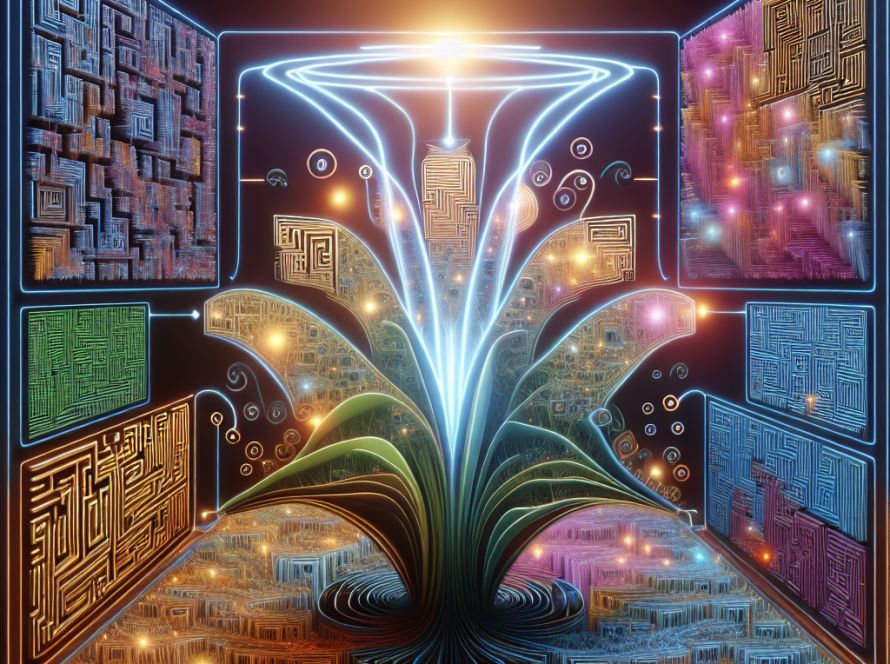Google’s CEO Sundar Pichai is championing a shift from traditional search engines to more interactive and multi-faceted tools for information retrieval, as evident in his interview with WIRED. Pichai has given an insight into Google’s new project, Gemini, an AI chatbot developed not only as an alternative to search engines but also as competition to technologies such as OpenAI’s ChatGPT.
Gemini exemplifies a move towards a more engaging and adaptable method of accessing information. The innovative AI can interpret text, voice, images, and more, closely imitating human learning and communication modes. This outstanding feature, which Google calls “multimodal” capability, is being trialed in different formats, including a mobile app.
As it rolls out, Google explores ways Gemini could be incorporated into our digital lives. Initially available as an app, it will also be a highlighted feature in the Google search app on iOS. The most advanced of its features, however, will require a Google One subscription, priced at $20 per month. This pricing strategy allows Google to compete with other subscription services while aligning with a broader shift towards personalized, premium digital experiences.
This significant leap towards AI is characterised by a spirit of experimentation and adaptability. Google is seeking new methods for delivering information services in response to changing user interactions and advancements in AI technologies. Though Gemini is not intended to immediately replace Google Search, it symbolizes Google’s dedication to innovation and flexibility within a rapidly shifting digital world.
Google’s moves to embed AI into its core services, including search, indicate a future where AI becomes more crucial in online information access and interaction. Google acknowledges the potential challenges and limits of AI, such as the possibility for inaccurate or misinterpreted information, and remains vigilant in refining and improving Gemini’s capabilities. As these advancements continue, our perspectives on search engines and digital aids could transform significantly. However, it is imperative to note that amidst this evolution, potential hurdles relating to AI’s limitations must be addressed.

